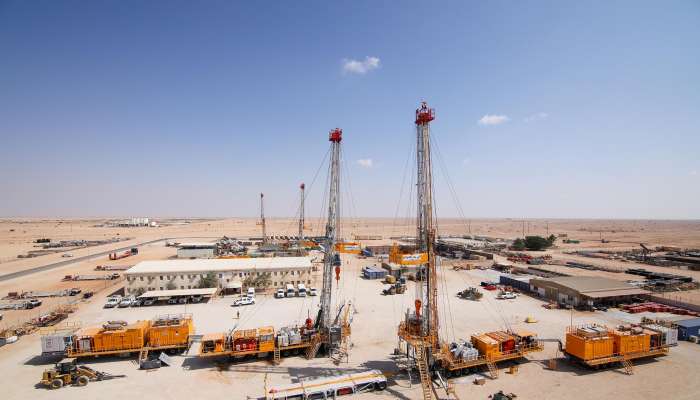

Muscat: Al Baraka Oilfield Services SAOC has supported Oman’s leading oil and gas exploration and production company in the Sultanate, in servicing wells in the Oman concession area using Conventional Workover Rigs since 2013. Workover includes primarily changing completions and casings, fishing, cementing, abandonment, milling, perforations, changing pumps/motors, upsizing wellhead, and various other integrity operations. The challenge given by the Client to the Contractor was to safely and successfully commission the first two new electric-powered 550 HP Hoists.
A Super Local Community Contractor (SLCC) has become the first oil and gas company in Oman to introduce ground-breaking electric-powered Workover Rigs. It is proud to declare itself as the first company in Oman to work intensively and proactively to design these modularized electric-powered workover units, able to optimize the move time between the wells, thereby creating faster turnarounds and reducing costs. This allowed the Client to bring early oil to the tanks, minimizing deferment, achieving ample savings in operations, and accelerating cash flow.
Conventional workover rigs are primarily hydraulic, not electric. Compared with the Conventional units, the new Electrical hoists are equipped with the latest technology and ergonomics that ensure safe operations and faster movement between locations which reflects in the increased number of wells attended so far in 2022. Other advantages are viz. modular, less space occupation; improved control features, ability to control both torque and speed accurately; fully automated pipe-handling systems; less maintenance expenditure, consequently leading to lower operating costs. The Electrical units are designed to enhance safety and overall performance efficiency defined by the specific application, the location of the well, and the type of work to be performed. These rigs have a more efficient power source, as electric motors convert more of the energy input into mechanical power compared to diesel engines. This is also reflected in the reduction in Non-Productive Time. Two critical features were the basis of the design of the Workover Unit, i.e. potential to take the lead in energy efficiency/decarbonization and minimizing “lifting and drops” hazards by introducing automated handling mechanisms and reducing manual/human intervention.
In phase II, these units will be hooked up to the Overhead Electricity Transmission Grid instead of running from diesel generators. Oman’s power grid is fed by electricity produced from clean natural gas-fired turbines which emit less pollution; therefore there will be an overall saving in energy consumption and reducing pollution from burning fossil fuels, with the aspiration to reduce global carbon emissions to Net Zero by 2050, as part of the decarbonization roadmap laid down by the Ministry of Energy & Minerals in Oman, in line with the Paris Agreement's objectives of limiting global warming to 1.5°C compared to pre-industrial levels.
The electric-powered Hoist concept has been extremely successful such that the Client has incorporated these types of rigs in future new contracts as against conventional hydraulic rigs. Other service providers are also planning to switch to Electric Workover Rigs as the latest trend in Oman.